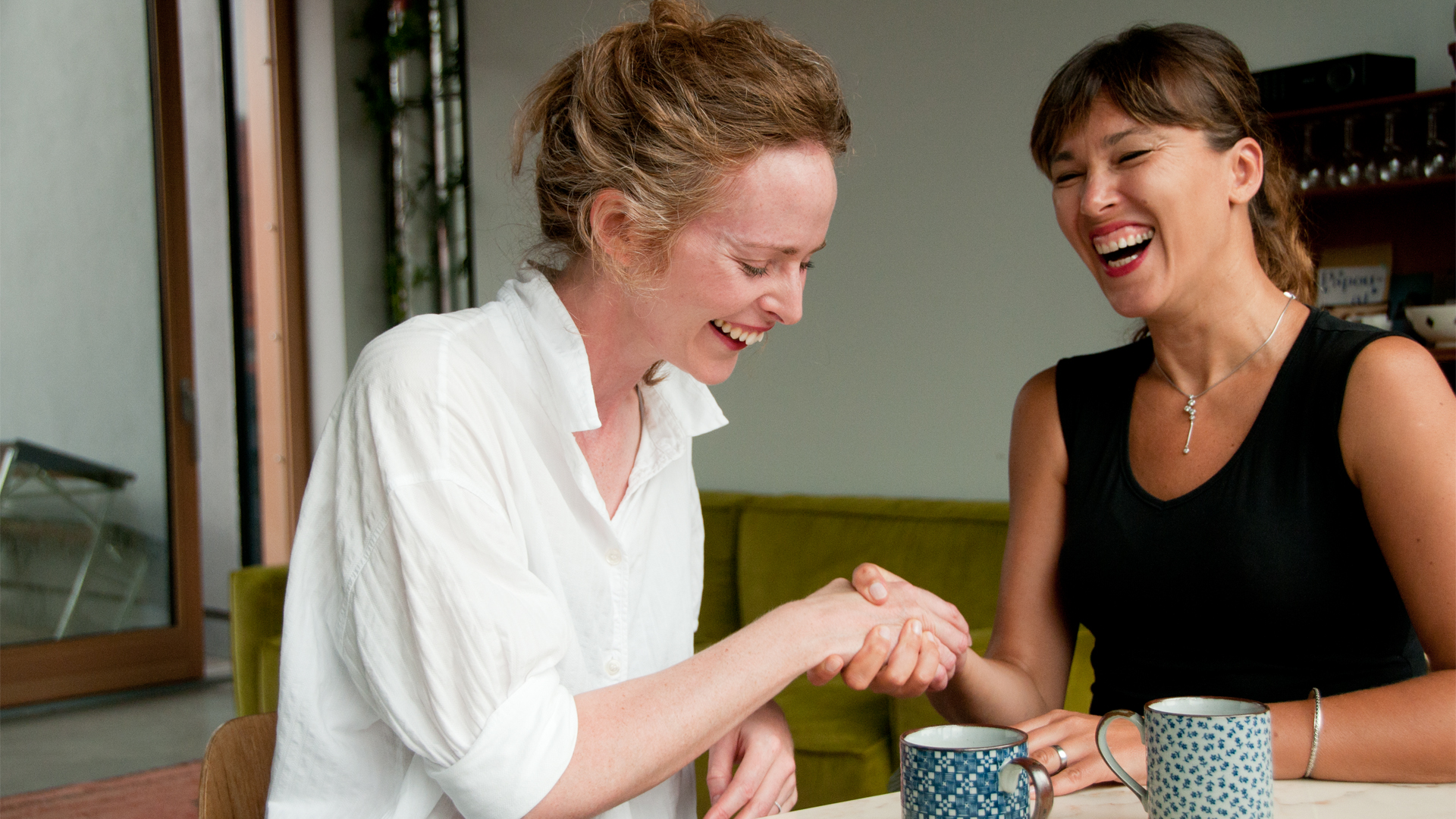Thinking fertility? Darja Wagner talks ovarian reserve and improving egg quality for women over 30
It’s well-known and accepted that most scientific advances take two decades at least to progress from the laboratory to our daily life. More often than not, there is a gap between what science knows and what women actually practice.
Recently I met a person who is dedicating her professional life to make recent scientific progress in human reproduction easily understandable to those who need it most – women wishing to have a family and not having much time left to do so.
Darja Wagner, a PhD cell biologist combines her knowledge of cells, hormones and vitamins to help women with infertility issues. More precisely, she helps women to apply latest advances in reproductive biology to maximize egg quality for higher chances of conception, in either a natural way or by means of assisted reproductive technology.
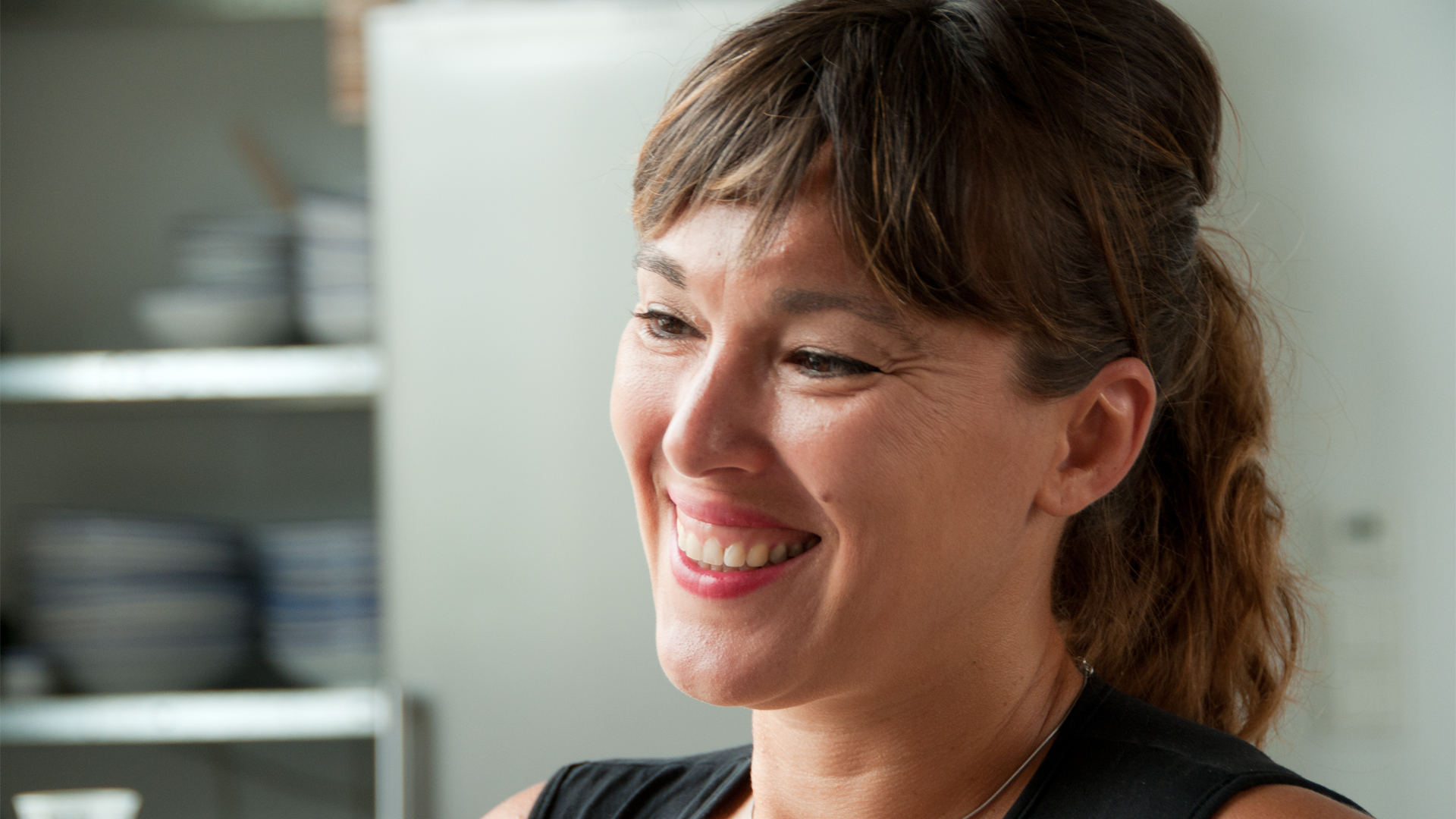
Her first book, How to Improve Egg Quality: The Smart Way to Get Pregnant remains on the top of the category of Amazon books about reproductive health since 2015. It’s an essential read for any woman in her thirties who wishes to become a mother – I’ve personally found it a reassuring resource and it has empowered me by providing me with pragmatic approaches to focus on egg quality rather than on a diminished egg reserve.
As I described in my last article, What I wish I had understood about fertility when I was first diagnosed with Hashimoto’s thyroiditis, I reached out to Darja after dechiphering my lab reports and learning about Anti Müllerian Hormone. I was horrified to understand that at 34 years old I’m now considered to be at an advanced reproductive age – but somehow it has been important to understand my own body. Her site, www.improvefertilitynaturally.com is an endless resource of positive, focused advice on how to help fertility at an advanced reproductive age.
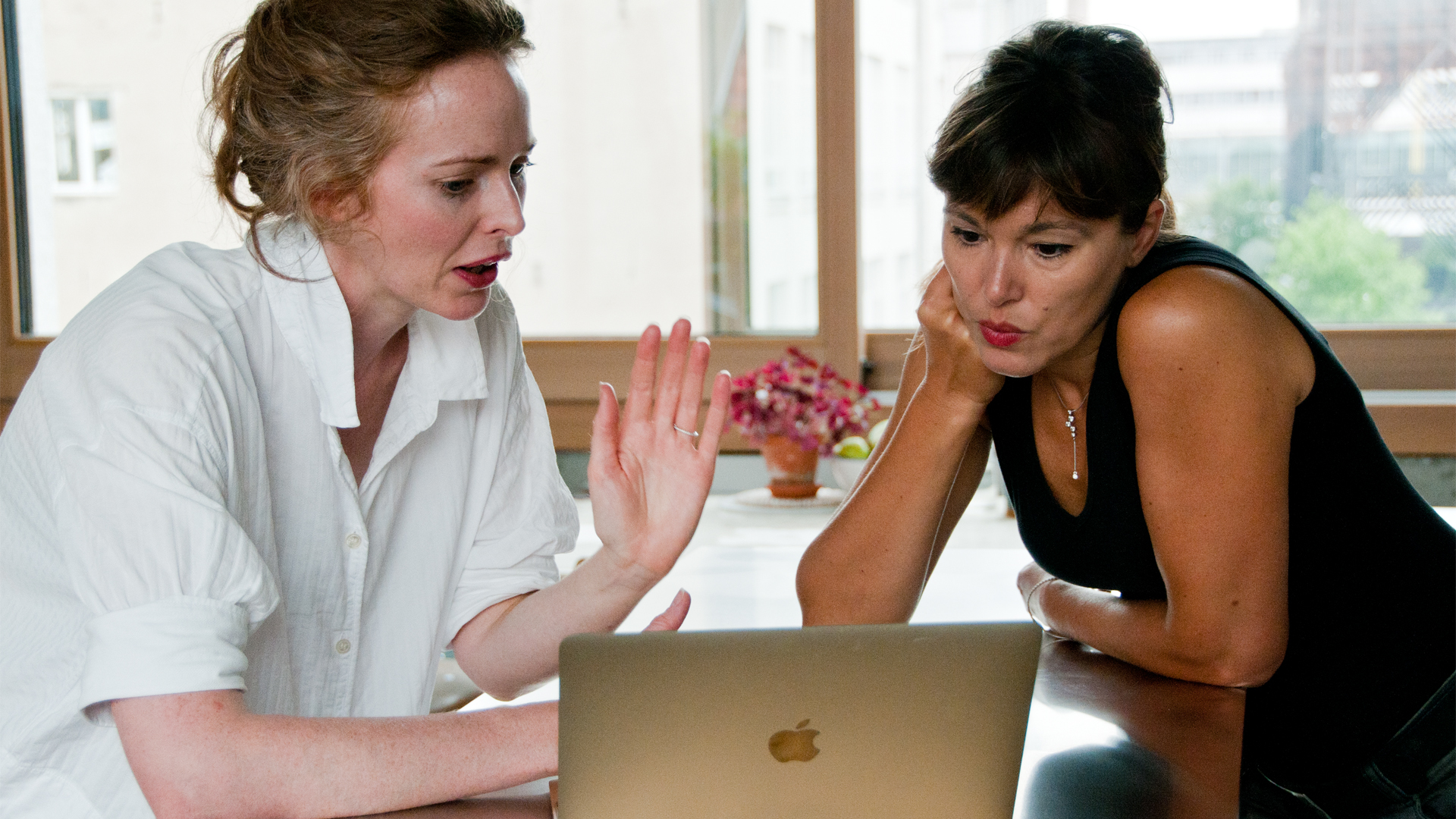
Darja was 35 when she decided to start a family. Following a shocking finding of a low egg reserve (similar to my story), she used her skills of being a cell biologist PhD to apply knowledge from scientific journals on improving her own chances of becoming a mum. This meant introducing various lifestyle changes, ranging from diet, supplements, and relaxation techniques (described in detail in her first book), to best support her particular hormone profile and increase egg quality. Finally, after several emotionally charged fertility treatments that failed, she and her husband conceived both of their children naturally. This has since defined her life’s work to help other women improve their chances of conception.
With this article and our future collaborations we aim to increase fertility awareness and help women of all ages understand their ovarian reserve better, starting with how many eggs they have and how their fertile potential (capability of their body to get pregnant) changes over time, to presenting the facts related to egg freezing not commonly discussed in mainstream media, and perhaps most importantly, sharing the knowledge about lifestyle changes which are scientifically proven to have a positive impact on female fertility.
Read on for fertility-focused advice from Darja.
As I explained in my last article I was never really aware of what was meant by ovarian reserve. Please can you tell us more?
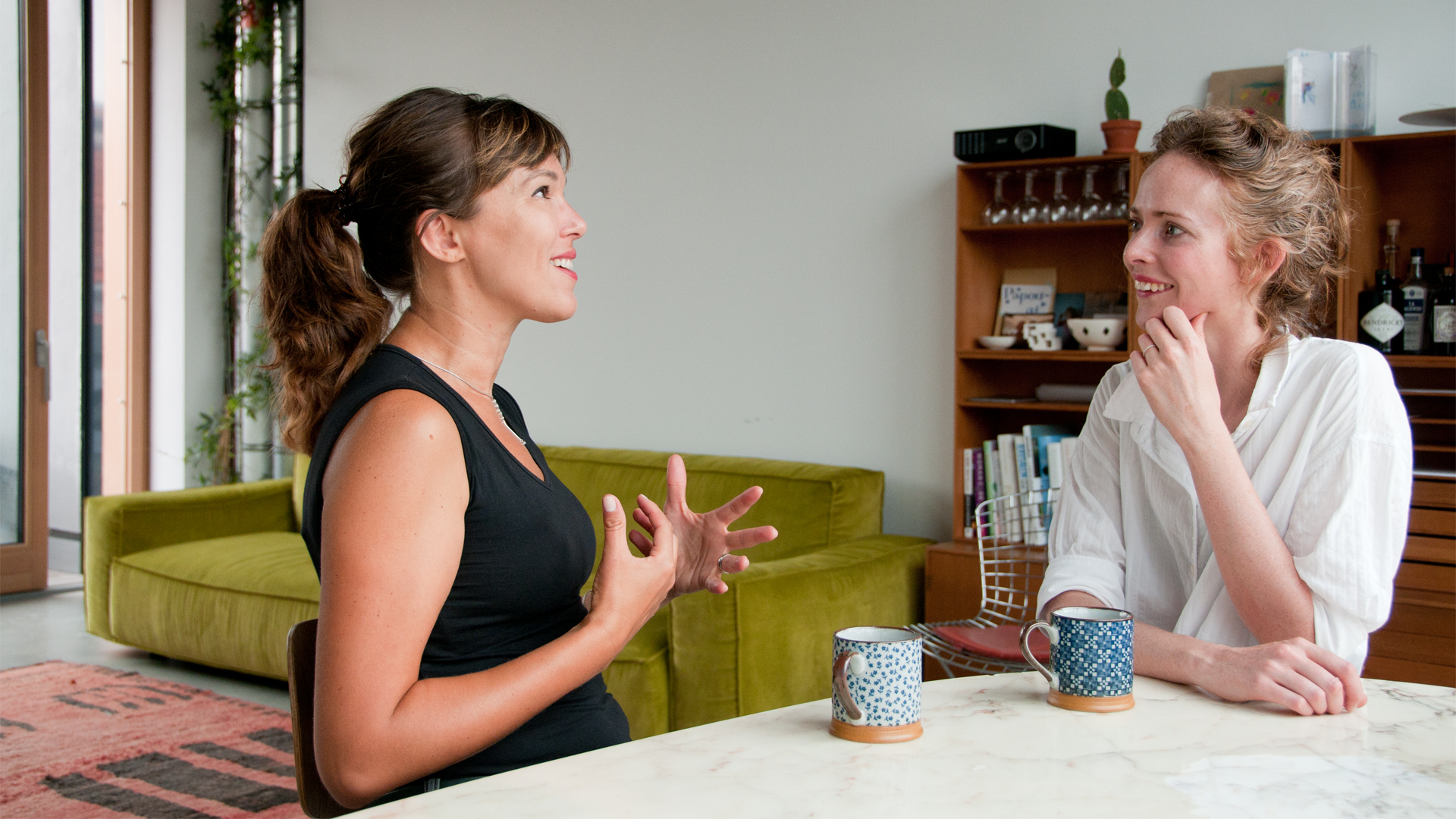
Darja
Ovarian or egg reserve is the pool of eggs that a woman has at any given moment. Women are born with about half a million eggs. From that moment on, we keep losing them – throughout our fertile life, eggs are lost at a rate of approximately 1,000 per month.
As women age, various kinds of damage such as genetic mutations and deletions accumulate within eggs making them less functional and capable of making healthy babies. At some point, typically after the age of 37, many women become diagnosed with a “diminished ovarian reserve”. Although it sounds like a disease, it’s important to understand that there is no real illness behind having a low egg reserve. It’s only a simple, unavoidable biological aging that is similar to the term “infertility”.
Although we have got used to viewing infertility as a diagnosis, in most cases it’s a self-imposed problem. In reality, almost all women have been fertile in their twenties. Only they have let this reality slip away without taking advantage of it, in terms of either having babies, or freezing their eggs for a later stage.
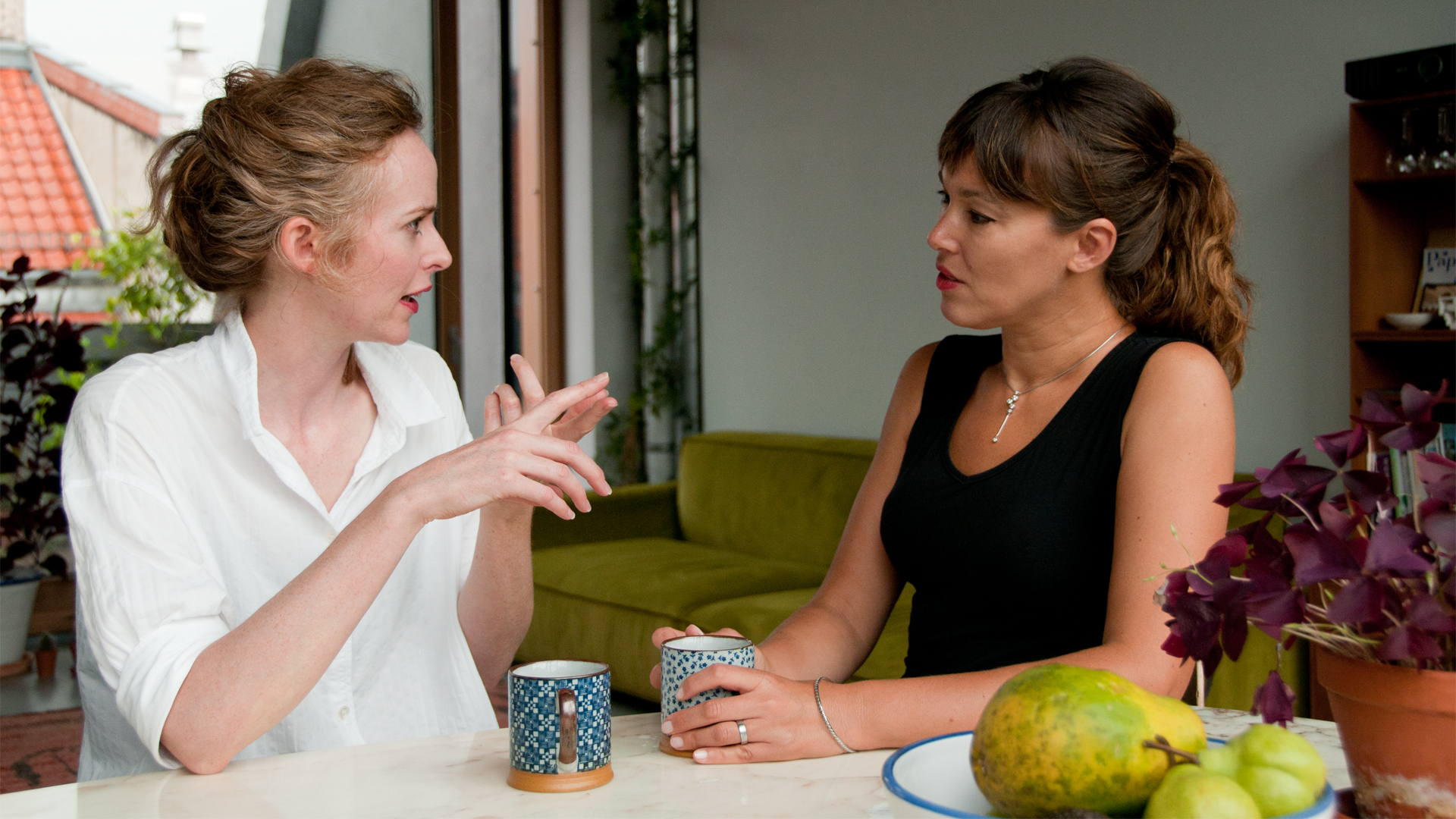
From your experience, do you see a general lack of understating about fertility, egg quality and egg reserve and if so, how would you see would be the best way to change this?
Darja
Thank you for this question. There is really a tremendous lack of understanding about fertility in women. This goes for all levels of education – even well educated women are often unaware of the realities of their biological clock. Let me give you one example.
A few years ago, a good friend of mine was shocked to find out that she could not get pregnant with her own eggs any more. As a matter of fact, she was unpleasantly surprised to hear she had any “eggs” – she told me that it made her feel like a hen and she didn’t like anything about her to be defined in biological terms.
My friend at that time was 38, with a PhD in social sciences (and together with her partner for almost 20 years).
The fact is, women have started having babies late. That’s why society needs to adapt to this new trend. Best would be, we teach teenage girls in schools about their reproductive choices and realities and not just about hygienic management of periods and how not to get pregnant.
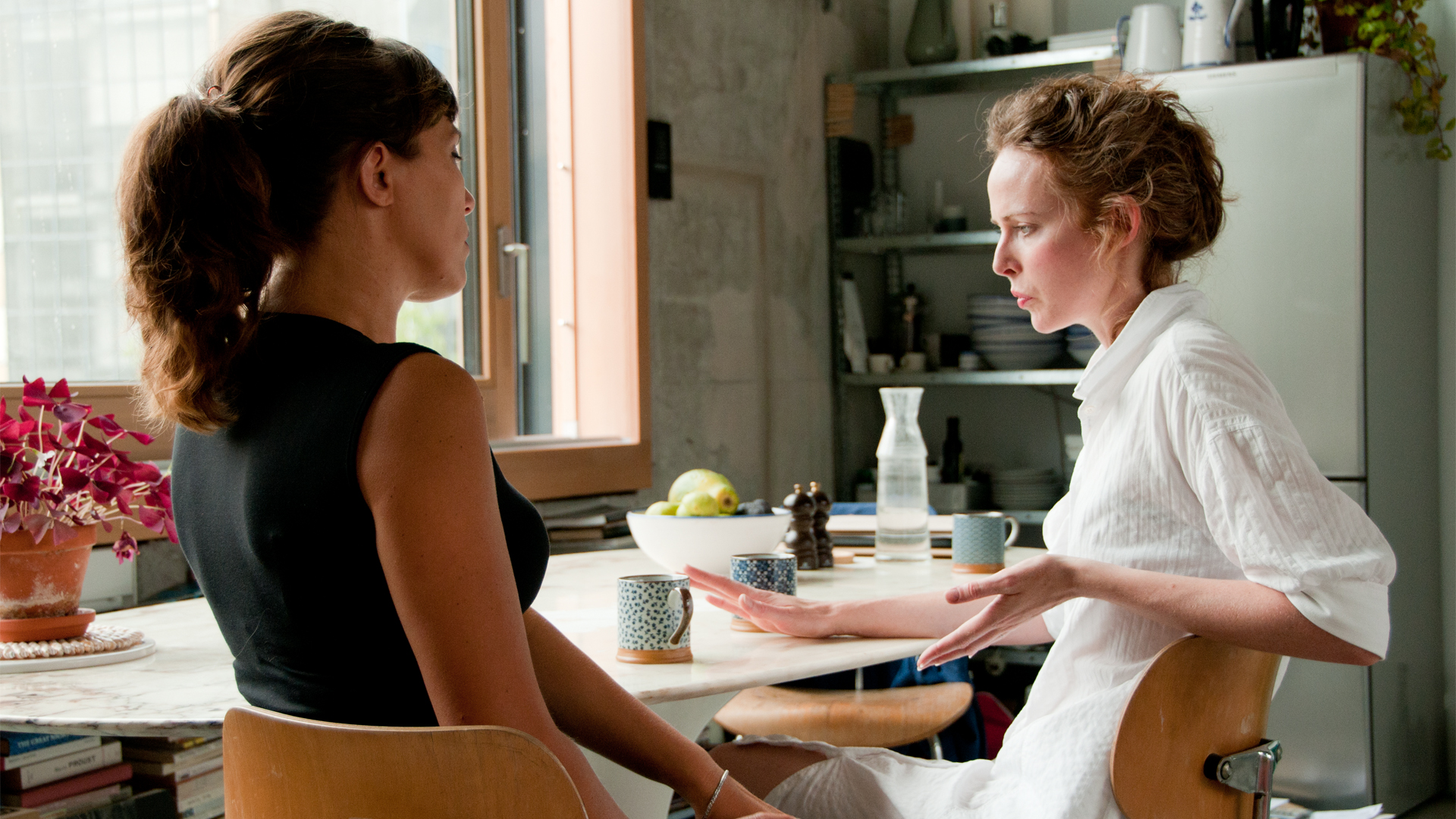
In your first book you describe that there are three ways of building up a picture of our overall ovarian reserve. What are they? How important is it to test all three?
Darja
In order to estimate the remaining egg reserve, it’s important to understand a biological reality that young women have good eggs, as opposed to eggs of older women, which generally have lower quality and miscarriages are more frequent. This means that a single most important marker of ovarian reserve is the age of a woman.
In my opinion, every woman over 30 who did not conceive after 6 months of attempting pregnancy should find out where she stands and test her ovarian reserve.
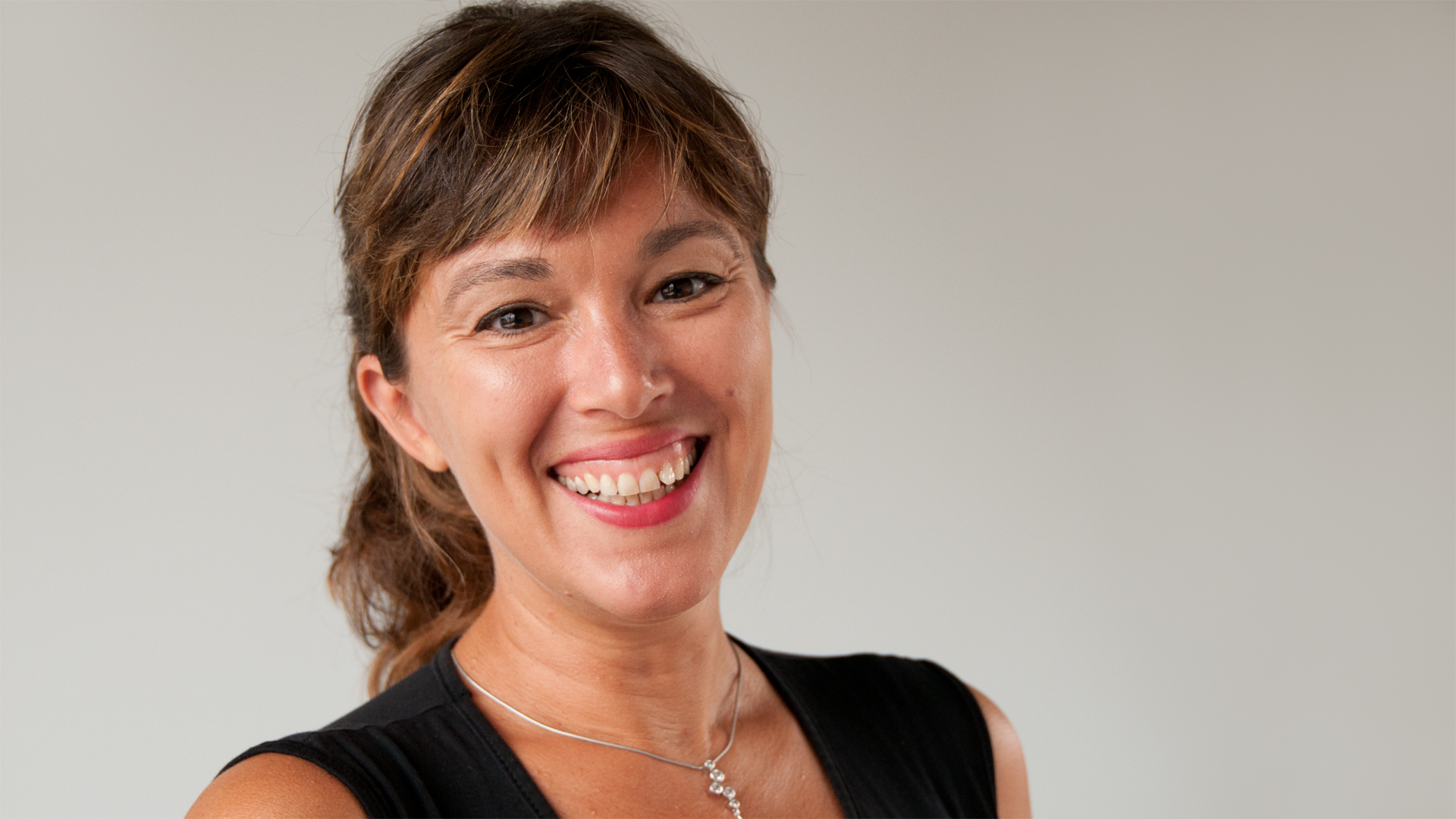
The first and the most important hormone to determine is the AMH level (Anti-Müllerian hormone). AMH can be tested in the blood on any day of the cycle. AMH is produced by the cells which surround eggs, so its value tells a lot about how many eggs are still available in the ovaries.
Women also need to ask their gynaecologist to find out their antral follicle counts (commonly known as an AFC number). This is an easy-to-perform ultrasound check that tells how active and vital their ovaries generally are and what is going on on their surface on any given day. Antral follicles are best counted towards the end of one cycle and the beginning of the next.
The third important reproductive hormone is the FSH (Follicle-Stimulating-Hormone). In a descriptive sense, its level tells you how hard a body needs to work in order to make your follicles mature and ovulate. FSH is best measured at the beginning of a cycle. Together, it means that if you visit your gynaecologist at the beginning of the cycle and ask the right questions, you will have all the answers in a single blood test and in a very short time.
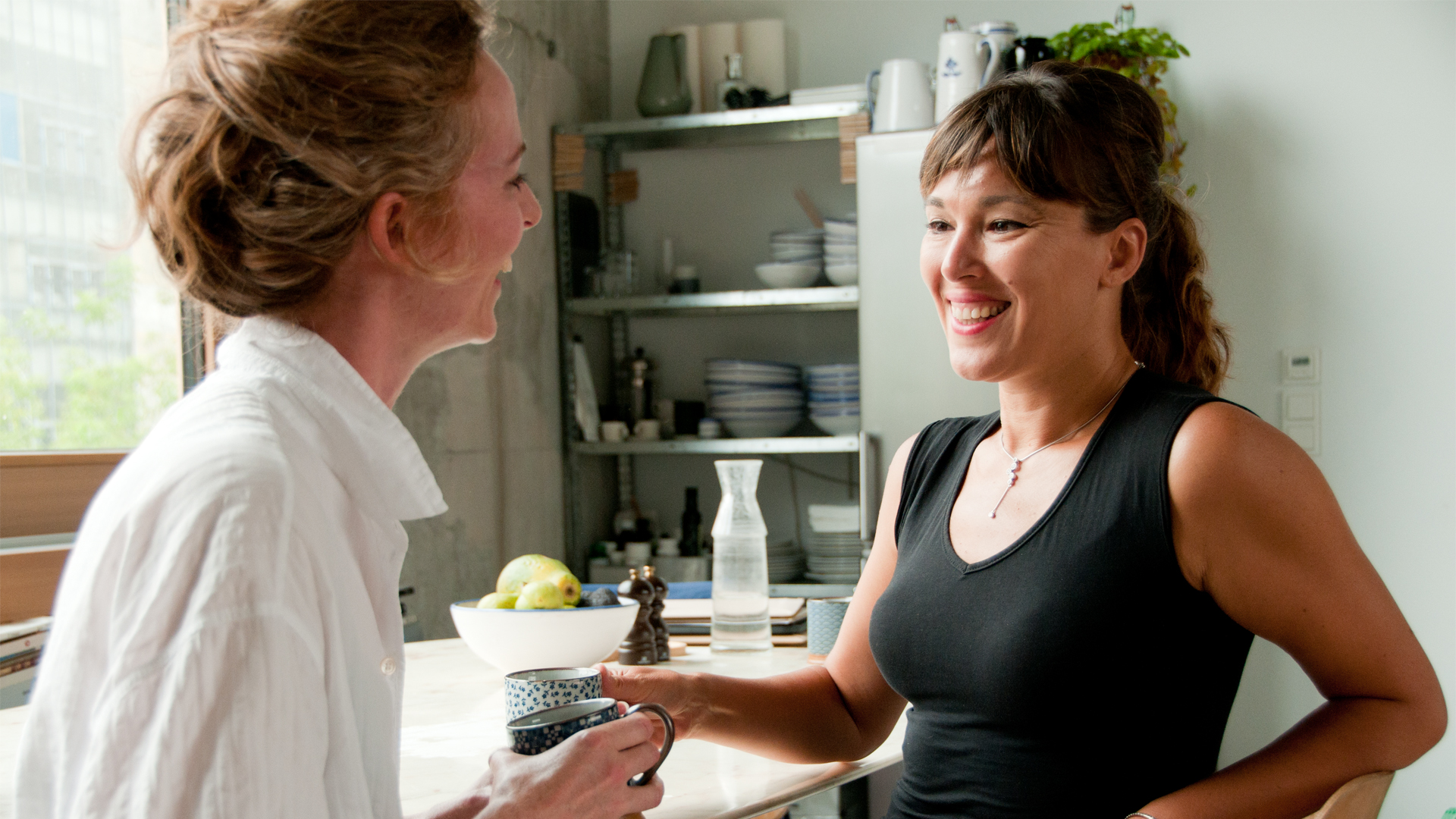
One thing that surprised me and seemed so obvious that I should know, was my mother’s menstrual history. I read in your book that this was also not something that you were so familiar with. How important do you think this is in preparing future generations to be fertility conscious? And how do we raise awareness so that these conversations are commonplace between mother and daughter?
Darja
Raising fertility awareness for the generations of girls living in Western societies is essential because infertility rates in women in the developed world are increasing. This will have far-reaching medical and societal consequences. Let me illustrate this with an example from my family:
My grandmother delivered my dad after she turned 40. He was her seventh child.
So I thought I could easily have a baby at 40 years of age, and never questioned the fact that some other women from my family were less fortunate. My own mother, stopped her period at 41, but never talked about it or considered it important, because her family plans were completed already when she was in her twenties.
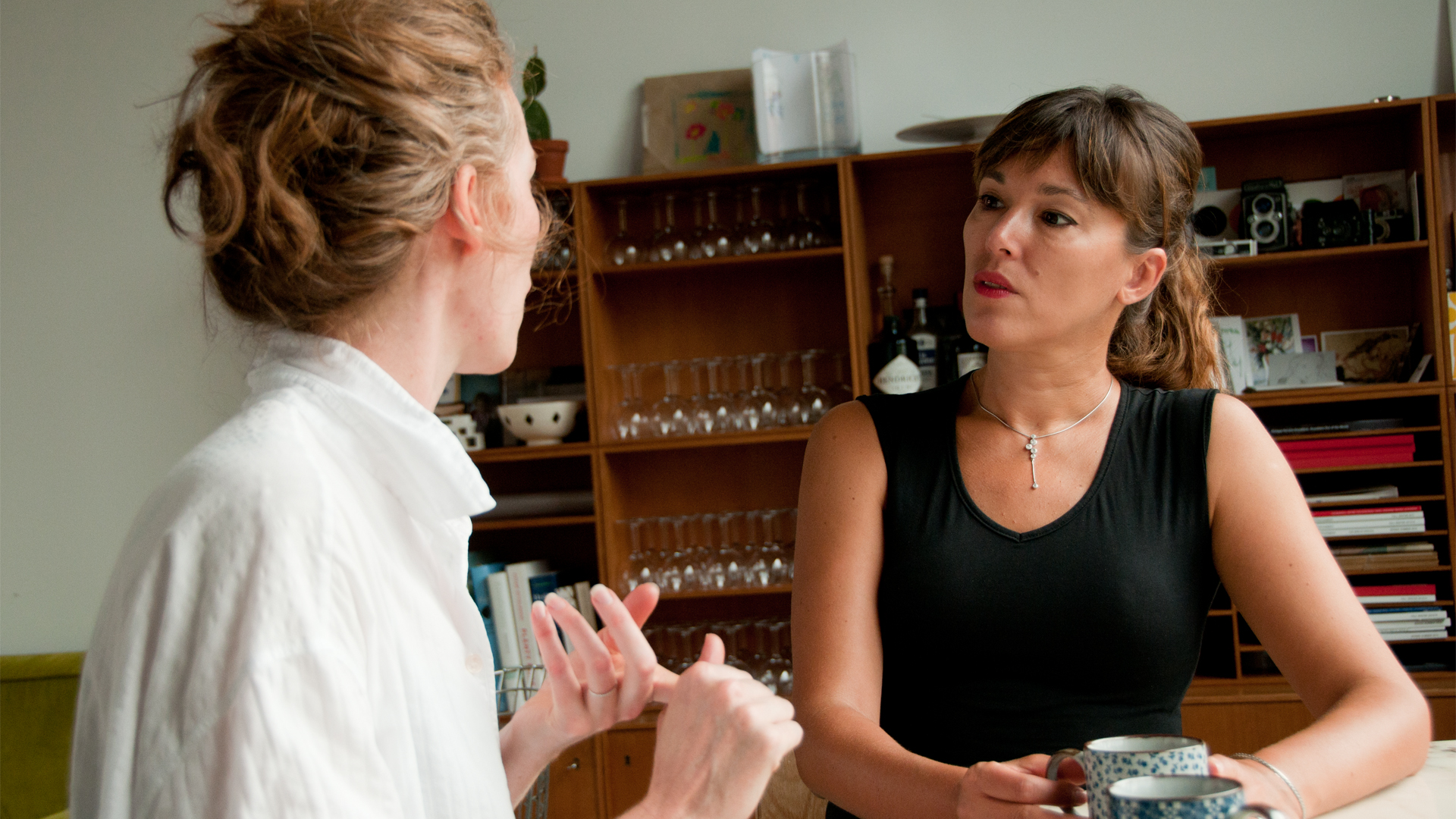
This is not to say that an early menopause is genetically determined. However, we now know that there is a significant and individually variable genetic component in age of menopause onset, as well as many other aspects of fertility. And young women need to hear that.
For many decades, women were taught from an early age on how to NOT get pregnant. This is of course important and something that young women need to know. But as a result of this practice, we now have a fast-growing population of first mothers in the age group of over 40. For some women, this strategy will work. For many more, it will mean regrets and very expensive fertility treatments.
That’s why teenage girls should, in addition to knowing how to avoid unplanned pregnancy, be taught how to master their cycle. How to tell when ovulation has occurred? To know how it feels to NOT be able to get pregnant? How devastation and regret of women who missed a chance to become mothers impact their relationships and careers? How much do fertility treatments cost and how do couples pay for them? Is life after infertility ever the same? These issues need to be addressed in schools in addition to being discussed in the families.
Alanna
The main focus as I understand it for me is about improving Egg Quality. As we discussed, I have a low Anti Müllerian Hormone reading – what are the first things I should be considering?
Darja
First, it’s important to never panic about any single readout of a lab result. It’s only a number, and only when put together with several other numbers and, importantly, by a person who has a lot of experience in a complex field of reproductive endocrinology, will it turn into a diagnosis. And the good news is, most infertility diagnosis can nowadays be overcome, given the couple has enough time to deal with it.
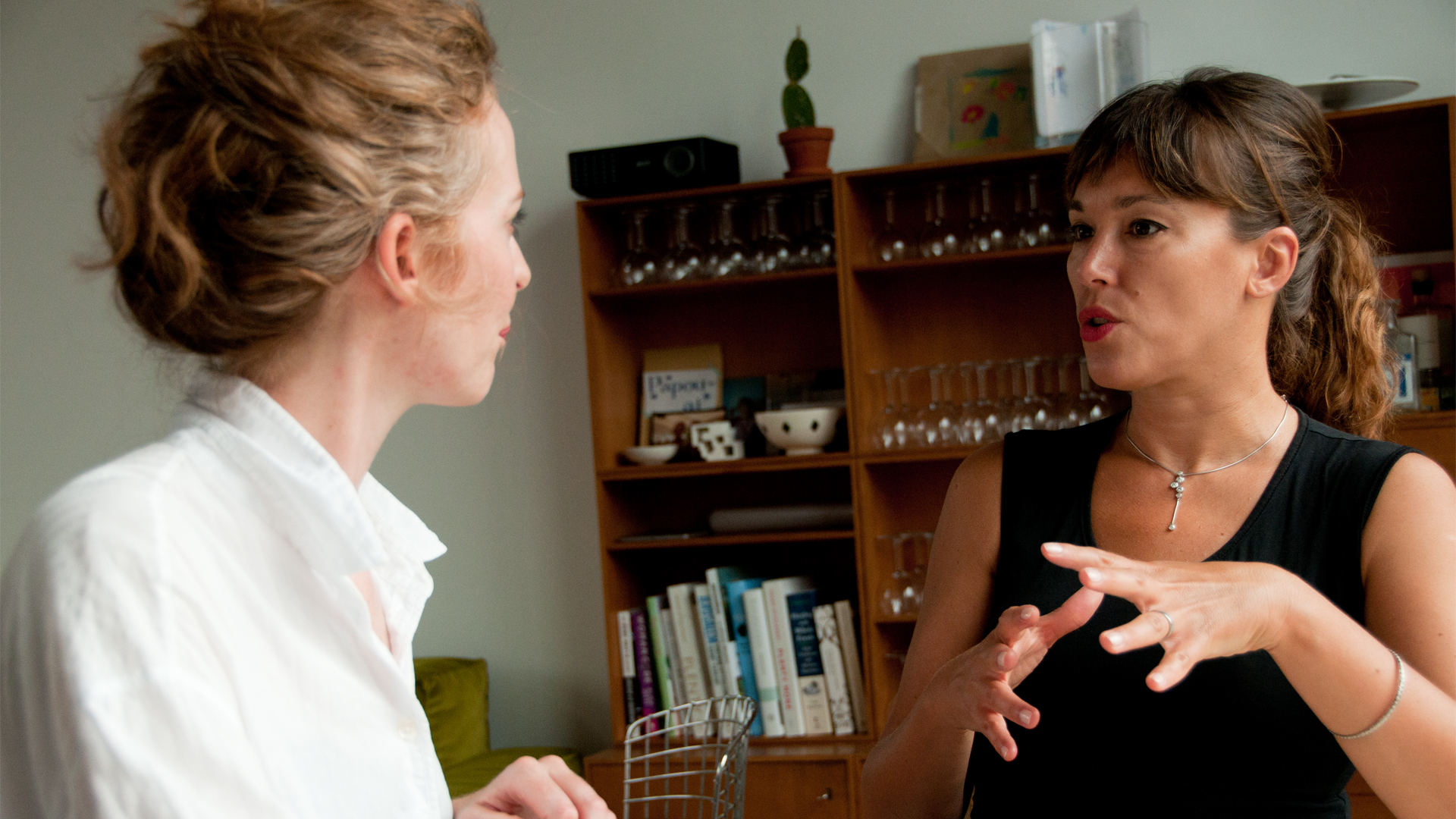
What would be the one thing that you could recommend to different women in their 20s, 30s, 40s about fertility and how would you try to close the disparity that has opened up by women wanting to be mother’s at an advanced age compared to our physical biology?
Darja
In today’s world, women in their mid 20s are putting off starting a family in favour of going to college, starting a career, or traveling the world. This is good and will probably not change any time soon. However, they should know that the older you get, the harder it is to conceive. That’s why I would recommend to any woman who is not planning on having her first child before the age of 29 and young women in general to freeze eggs.
If I had a daughter, I would pay for her to freeze her eggs. Honestly, I would actually see it as a reasonable investment in my own grandchildren. Egg freezing is a relatively new technique and the only one so far available to women to at least partially preserve their fertility. I would also tell my daughter, to read this interview I made with an embryologist from an IVF lab on when women should start having babies and why.
Regardless of their age, women should simply lead a life which supports their fertility and their female potentials. It’s actually easy to choose a lifestyle and a diet which maximizes fertility and helps eggs remain in their best form. There’s a whole lot that women can themselves do in order to avoid any negative surprises once they’re ready to become mums.
